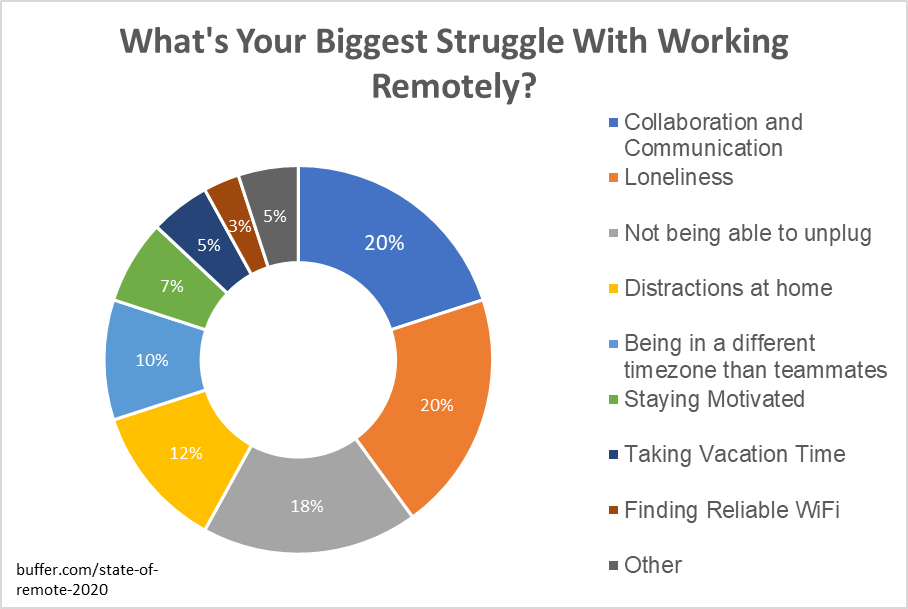The rapid rise of remote work has revolutionized the way organizations operate. As more companies embrace flexible work arrangements, HR professionals face unique challenges in managing and supporting remote teams. In this article, we will explore the challenges associated with remote work and provide practical solutions for HR professionals to ensure successful remote workforce management.
Establishing effective communication channels: One of the primary challenges in remote work is maintaining clear and efficient communication among team members. HR professionals should encourage the use of digital communication tools, such as instant messaging platforms and video conferencing software, to facilitate real-time collaboration and maintain team cohesion. Additionally, establishing regular check-ins and virtual meetings can help bridge the gap created by physical distance.
Fostering a sense of connection and belonging: Remote work can sometimes lead to feelings of isolation and detachment among employees. HR professionals should implement strategies to foster a sense of connection and belonging within remote teams. This can include virtual team-building activities, online social events, and creating opportunities for casual conversations and interactions. Encouraging open communication and recognizing team achievements can also help boost morale and strengthen team bonds.
Addressing work-life balance challenges: Remote work blurs the boundaries between professional and personal life, making it challenging for employees to maintain a healthy work-life balance. HR professionals should educate employees about the importance of setting boundaries, managing their time effectively, and unplugging from work when needed. Providing resources and support for stress management and mental well-being can also contribute to a healthier work-life balance.
Developing effective remote onboarding processes: Onboarding new employees remotely presents a unique set of challenges. HR professionals should create a structured and comprehensive onboarding process that incorporates virtual introductions to the team, online training modules, and regular check-ins to ensure new hires feel supported and integrated into the company culture. Providing them with the necessary tools and resources to succeed in their remote roles is also crucial.
Emphasizing trust and accountability: Trust is essential for successful remote work arrangements. HR professionals should focus on establishing a culture of trust within remote teams by promoting transparency and open communication. Setting clear expectations and goals, and regularly monitoring progress can help ensure accountability. Encouraging autonomy and providing opportunities for professional growth and development can further foster trust and empower remote employees.
Conclusion: The rise of remote work presents both challenges and opportunities for HR professionals. By addressing the communication, connection, work-life balance, onboarding, and trust-related challenges, HR can successfully navigate the remote work landscape. By implementing these solutions, organizations can unlock the full potential of remote work, attract top talent, and create a productive and engaged remote workforce. Embracing the changes brought by remote work can lead to increased flexibility, improved employee satisfaction, and long-term success for organizations in the digital age.

